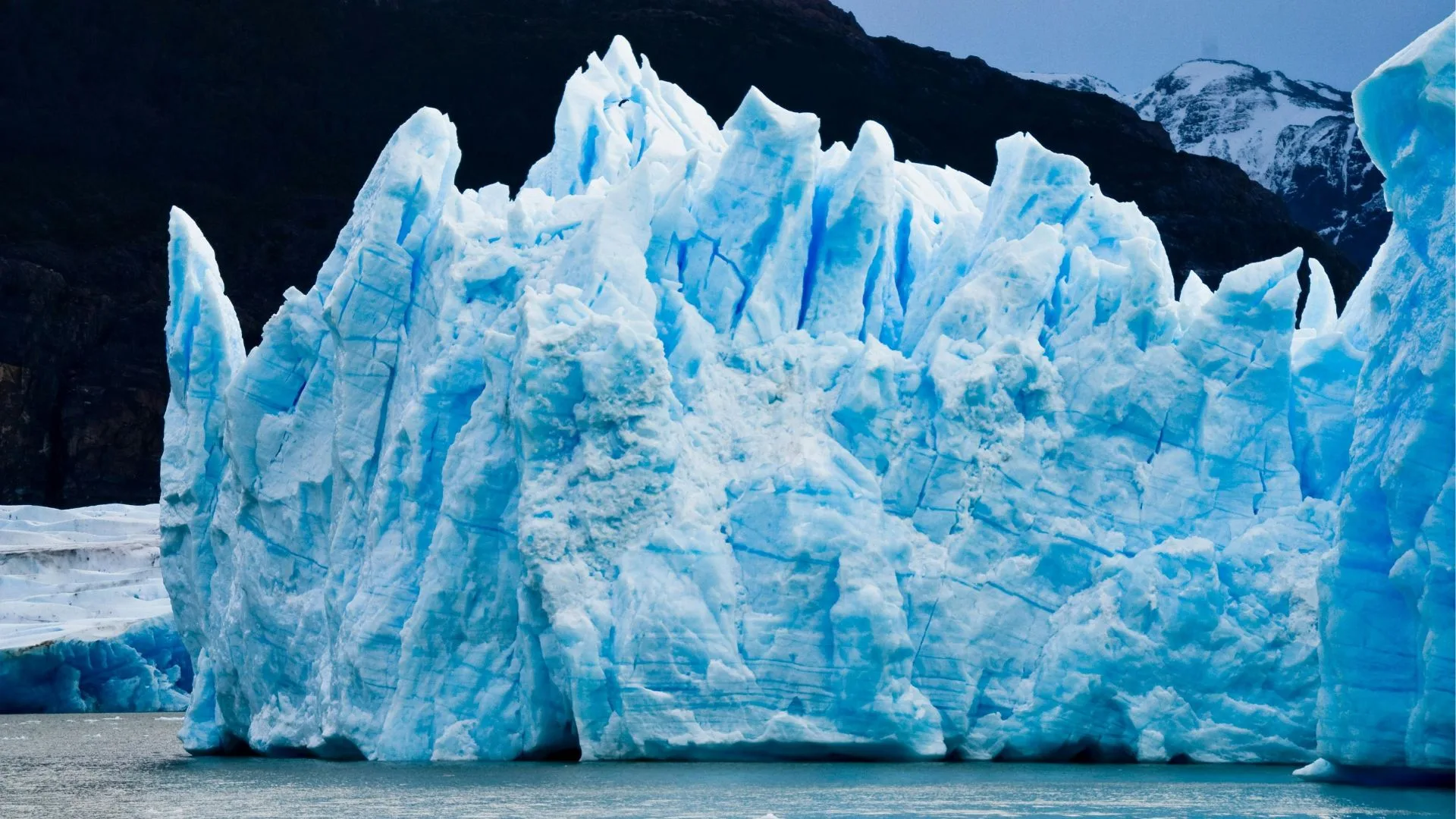This fall, Greece will participate in its first-ever expedition to Antarctica.
According to maritime-executive.com, the mission is a joint research venture with Bulgarian scientists, finalised last week during an international polar conference held in Aheloy, a resort town in Bulgaria. The Greek researchers will join their Bulgarian counterparts aboard the Bulgarian military research vessel St. Cyril and Methodius.
“This is a big step for us because it is the first Greece will send its scientists,” said Simeon Konstantinidis, President of the NGO Hellenic Polar Zones Society, said Simeon Konstantinidis, President of the Hellenic Polar Zones Society. Konstantinidis attended the conference, which was organized under the EU programs EUPolarNet-2 and POLARIN.
He also revealed that his organization is planning to establish a weather station in Antarctica, potentially starting as early as next year.
Meanwhile, the 27 member nations of the Commission for the Conservation of Antarctic Marine Living Resources (CCAMLR) are meeting this week in Hobart, Australia. The focus of the meeting is on the approval of four proposed marine protected areas (MPAs) in the Southern Ocean, which could provide critical protection to the fragile ecosystem, previously exposed to threats like overfishing and whaling.
Progress on this issue was made at a July symposium in South Korea, where CCAMLR members showed unprecedented unity in advancing a proposal to establish an MPA along the western Antarctic Peninsula. This marked the first time in years that all members demonstrated a willingness to enhance protections in the region.
However, CCAMLR operates on consensus, meaning unanimous agreement is required. Since 2016, China and Russia have blocked efforts to create new Antarctic MPAs, despite broad support from other members.
The outcome of this year’s discussions remains uncertain, with the four proposed MPAs including the Weddell Sea Phase 1 MPA, East Antarctic MPA, Antarctic Peninsula MPA, and Weddell Sea Phase 2 MPA. If approved, these areas, along with the existing Ross Sea region MPA, would safeguard 26 percent of the Southern Ocean and nearly 3 percent of the global ocean.
Source: maritime-executive.com
